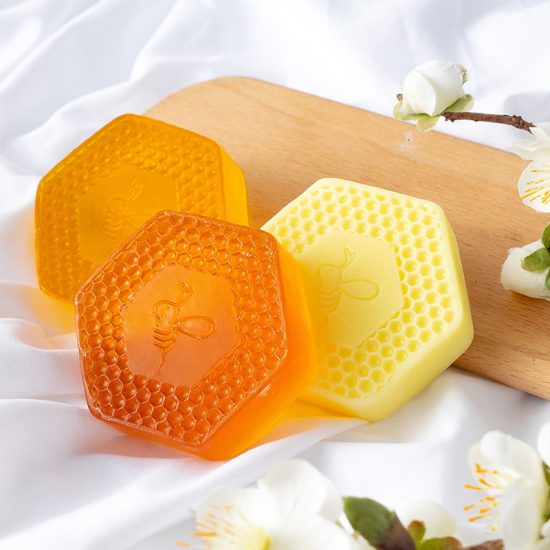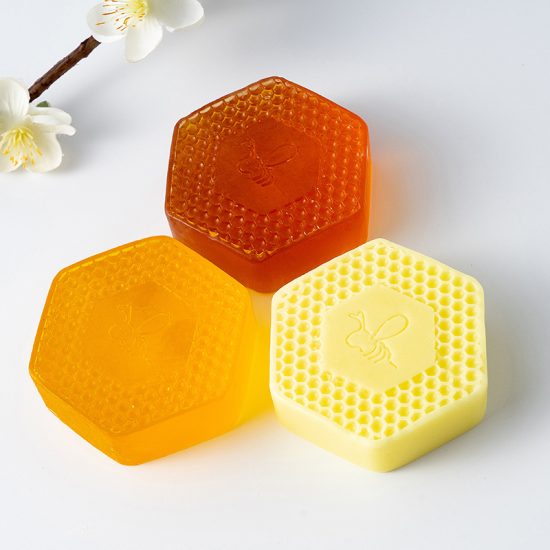In a world filled with countless skincare products, choosing the right soap for your skin can be a daunting task. The growing popularity of natural and organic soaps has added another layer of complexity to this decision. To simplify the process and help you make an informed choice, we present the ultimate guide to selecting the best natural and organic soap for your skin.
1. Understand Your Skin Type:
Before diving into the world of natural and organic soaps, it’s crucial to know your skin type. Here are the main categories:
- Dry Skin: Feels tight, rough, or flaky.
- Oily Skin: Appears shiny, prone to acne, and may have enlarged pores.
- Combination Skin: Exhibits characteristics of both dry and oily skin, often with an oily T-zone and normal or dry cheeks.
- Sensitive Skin: Easily irritated, prone to redness and discomfort.
- Normal Skin: Well-balanced and generally problem-free.
Knowing your skin type will help you choose a soap that addresses your specific needs.
2. Read the Ingredient List:
Natural and organic soaps are all about the ingredients. Here’s what to look for:
- For Dry Skin: Seek soaps with moisturizing ingredients like shea butter, coconut oil, and olive oil. These oils help hydrate and soothe dry skin.
- For Oily Skin: Opt for soaps with natural astringents such as tea tree oil, witch hazel, or clay to control excess oil production.
- For Combination Skin: Look for a well-balanced soap that won’t over-dry the cheeks but can manage the T-zone’s oiliness.
- For Sensitive Skin: Choose mild, hypoallergenic soaps free from fragrances or harsh chemicals.
- For Normal Skin: You have the flexibility to choose a soap based on personal preferences, as long as it doesn’t contain irritants.
3. Consider Specific Concerns:
Beyond your primary skin type, you may have specific skin concerns to address. For instance:
- Acne-Prone Skin: Seek soaps with ingredients like salicylic acid or neem to combat breakouts.
- Aging Skin: Choose soaps with antioxidants like vitamin C or E to reduce signs of aging.
- Eczema or Psoriasis: Opt for gentle, fragrance-free soaps to avoid exacerbating these conditions.
4. Test the Soap:
Before committing to a full-sized soap bar, consider trying a sample or travel-sized version. This allows you to test the soap on a small patch of skin and ensure it doesn’t cause any adverse reactions.
5. Read Reviews and Seek Recommendations:
Online reviews and recommendations from others with similar skin types and concerns can provide valuable insights into the effectiveness of a particular soap. Don’t hesitate to reach out to friends, family, or skincare experts for their input.
In conclusion, choosing the best natural and organic soap for your skin doesn’t have to be overwhelming. By understanding your skin type, reading ingredient lists, considering specific concerns, testing the soap, and seeking recommendations, you can confidently make a choice that aligns with your skin’s needs and your commitment to a natural and organic skincare routine. Remember that your soap plays a fundamental role in your daily skincare regimen, so choose wisely for healthy, glowing skin.


